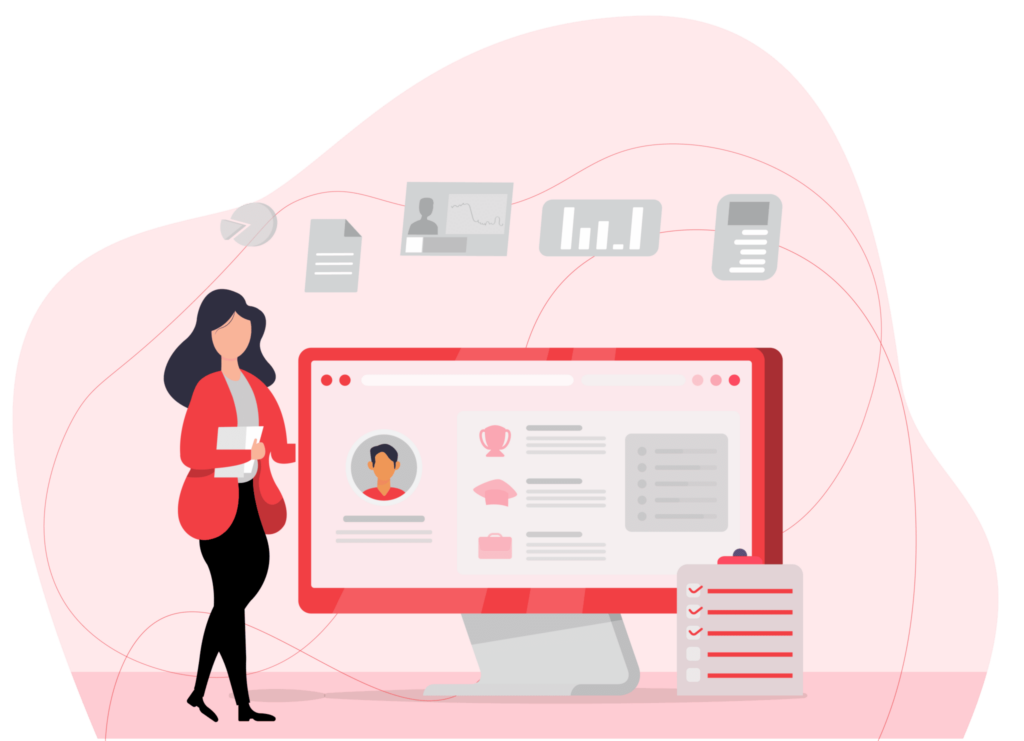Frequently asked questions (FAQs) for Medical Data Entry Specialist
The Medical Data Entry Specialist assessment is a standardized evaluation tool designed to measure the knowledge, skills, and abilities of individuals in the field of medical data entry. It assesses their proficiency in accurately entering and managing medical information in various systems, ensuring data integrity and compliance with industry standards.
The Medical Data Entry Specialist assessment can be used as part of the hiring process to evaluate candidates’ competence in medical data entry tasks. By administering this assessment, employers can assess applicants’ abilities, compare their scores, and make informed decisions about selecting the most qualified candidates for data entry positions in healthcare settings.
- Medical Data Entry Specialist
- Healthcare Information Technician
- Clinical Research Coordinator
- Health Information Management Specialist
- Medical Records Clerk
- Data Quality Analyst
- Medical Coding Specialist
- Clinical Data Coordinator
- Health Data Analyst
- Medical Transcriptionist
- Proficiency in Electronic Health Records (EHRs)
- Medical terminology knowledge
- Ability to learn new software and systems
- Experience with data entry tools and troubleshooting
- Knowledge of Gmail
- Familiarity with Slack and ability to resolve technical issues
- Understanding of AWS database platforms
- Attention to detail and organizational skills
- Ability to handle large volumes of data accurately
- Independence and time management
The Medical Data Entry Specialist assessment holds significant importance for healthcare organizations and employers looking to hire skilled professionals in this field. By administering this assessment, employers can ensure that candidates possess the necessary knowledge and skills to accurately enter and manage medical data. It helps reduce errors, maintain data integrity, and safeguard patient information, which is crucial for providing high-quality healthcare services and complying with regulatory requirements.



